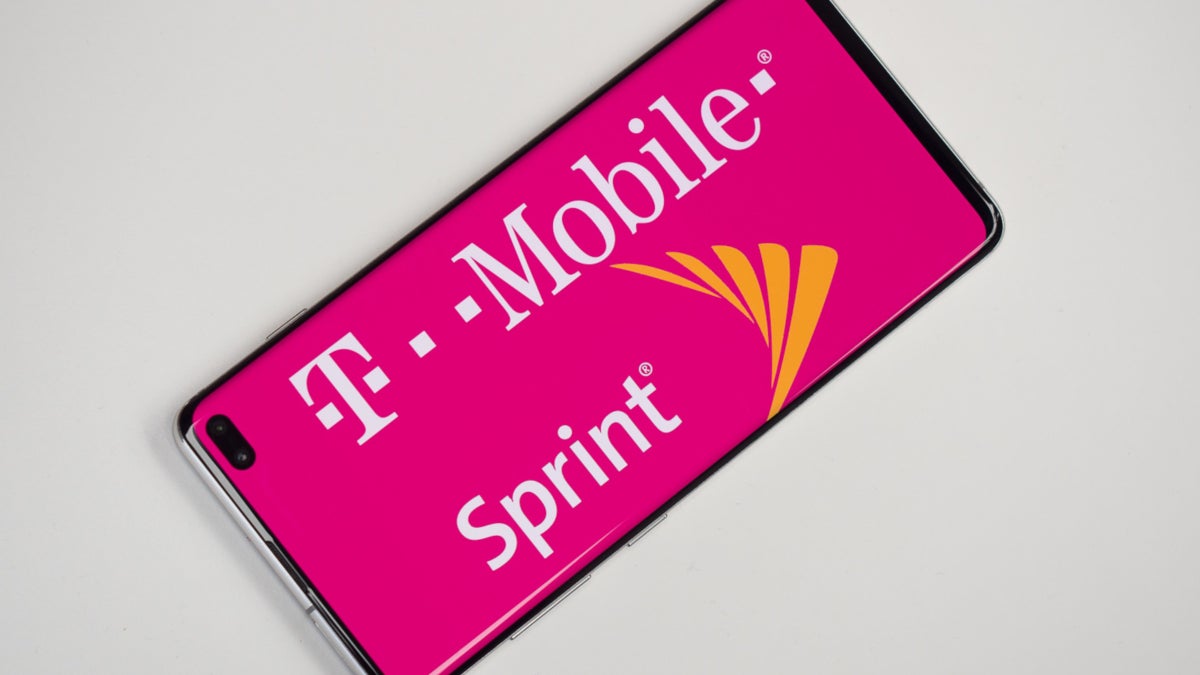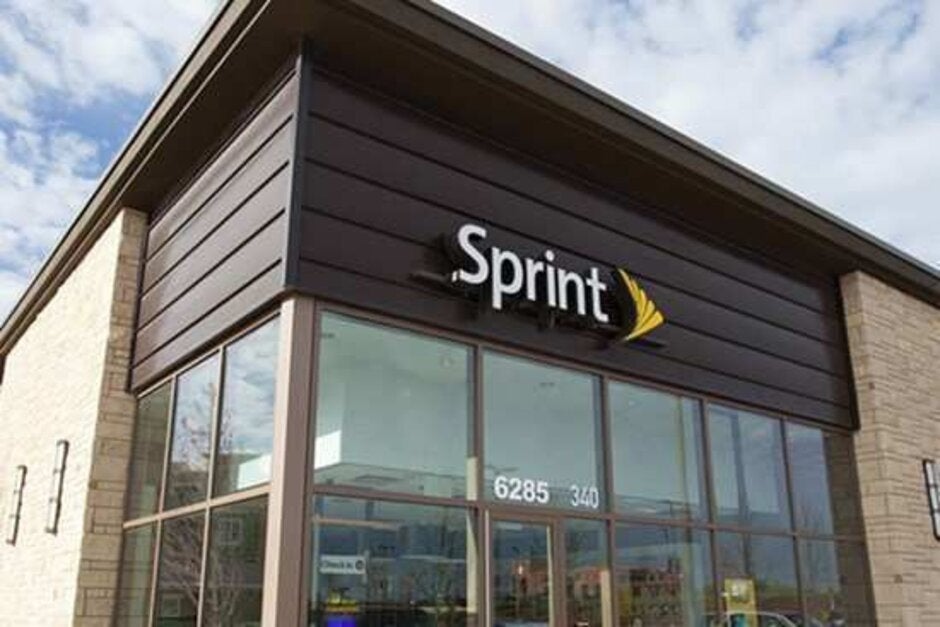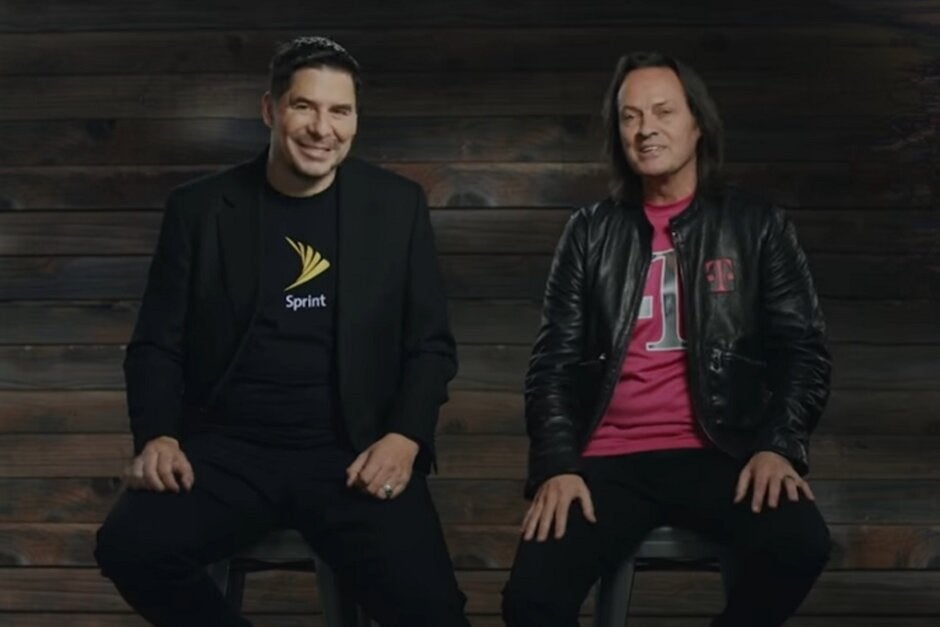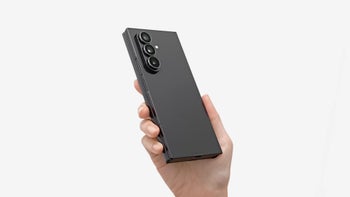A billionaire's ego and his bad decisions led to Sprint's downfall

Now that Sprint will soon become part of the New T-Mobile, the question is how did it get here? After all, back in 2014 when Sprint and T-Mobile approached the FCC and the Department of Justice (DOJ) about a merger, things were much different. Back then, it was Sprint dealing from a position of strength while T-Mobile was less than two years into the reign of CEO John Legere. But we are getting ahead of ourselves because, on October 15th, 2012 Japan's SoftBank offered to buy more than 70% of Sprint for $20 billion.
But one executive was not going to let Sprint slip through his fingers. Dish Network co-founder and Chairman Charles Ergen wanted to add a wireless provider to his satellite television business and Sprint was right there for the taking. So Dish became involved in the transaction and at one point Ergen announced that he would pay $25 billion for all of Sprint. But some believed that the executive was not serious about injecting himself into the deal; the company didn't appear to arrange financing for the offer and in July 2013, SoftBank ended up agreeing to pay $21.6 billion for 78% of Sprint.
And this is where our story truly begins as a report in the New York Post blames Sprint's downfall on SoftBank founder and CEO Masayoshi Son. Since the billionaire took over Sprint in 2014 when the deal closed, the carrier has laid off 10,000 employees and has hopelessly fallen way behind its rivals in terms of service. By August 2015, Sprint and T-Mobile swapped their positions among the U.S. majors with the latter becoming the third-largest wireless operator in the states.
Sprint's decision not to build traditional cell towers was a "total failure" said former CEO Claure
According to the Post, no sooner had the ink dried on the merger agreement between SoftBank and Sprint then Son wanted to merge his new business with T-Mobile. While Sprint executives thought that buying T-Mobile made sense, they advised Son that it was not the right time to go after T-Mobile. But billionaires will be billionaires. Both carriers approached the FCC and DOJ and were told (not in these precise terms) that there wasn't a snowball's chance in hell that the merger would receive regulatory approval. Just three years earlier, the DOJ had blown up AT&T's $39 billion purchase of T-Mobile which would have created the nation's largest carrier at the time.

Sprint will be converting some stores to T-Mobile and closing others
One former top executive at Sprint explained that "Our government affairs team made it very clear at the time it was the wrong move. It never occurred to us that he (Son) would not listen." And while T-Mobile parent Deutsche Telecom said that it would be amenable to a deal, it also agreed that the time was not right to seek regulatory approval. So Sprint's executive team came up with a plan to court then-FCC Chairman Tom Wheeler. The plan was to slowly get him, perhaps over the course of a year, to see the wisdom of combining the two carriers. Then, and only then, would the FCC be approached about a merger.
But Son didn"t want to wait and arranged a meeting with Wheeler. Sprint executives were nervous because they had seen how Son had acted with FCC Chairman Julius Genachowski (who preceded Wheeler) while discussing SoftBank's proposed purchase of Sprint. According to one person who has direct knowledge of what occurred, "(Son) had a caravan of five or six black SUVs that drove to the FCC meeting. They blow past the FCC security and park in Genachowski’s private driveway. They all pile out and go into the lobby. He was basically saying your rules are stupid." The FCC approved the merger nonetheless and Genachowski is now a member of Sprint's board.
Son said that he was ready to give up on Sprint back in 2014
In December 2013, Son met with the FCC to discuss a possible Sprint-T-Mobile merger. That morning, a leak in the Wall Street Journal about a possible merger between Sprint and T-Mobile had the FCC thinking that Son had whispered the story to the paper hoping to apply pressure to the regulatory agency. FCC Chairman Wheeler reportedly told the billionaire that the agency had just done all of the analytical work on the blocked AT&T-T-Mobile merger and that unless things had changed since, the FCC could not approve the transaction. Son responded by arguing with Wheeler and as one source said, "You could see Masa digging himself into a hole. It was not well played." One source says that had Sprint waited a year to approach regulators, the deal would have been approved.

Sprint executive chairman Marcelo Claure and T-Mobile CEO John Legere announce the T-Mobile Sprint merger in April 2018
When SoftBank purchased Sprint, it also acquired Clearwire. According to New Street Research analyst Jonathan Chaplin, the telecom company owned some of the technology behind 5G and enough spectrum to help Sprint eventually build a nationwide 5G network. All it needed was an investment of $25 billion to $30 billion, the analyst said. But instead of constructing cell towers, Son decided to implement a plan that had worked for SoftBank in Japan. For a fraction of the cost needed to build the towers, Sprint sought permission from cities and towns to put its networking equipment on the top of existing structures like light towers.
Former Sprint CEO and current executive chairman Marcelo Claure stated, "It was a 180-degree change. All of a sudden, we [in 2014] start on this tower and light thing...Unfortunately, I would say that it was a total failure." He also compared Sprint's poor service with its rivals. "The quality of our network was four times worse than Verizon, half of T-Mobile and a little less than half of AT&T," he said.
During an interview with the Wall Street Journal in 2015, Son admitted that he was ready to give up on Sprint in 2014. But inside, he knew that he could not do that. "We still have the customers, we still have employees, so I have to take care," the billionaire explained.
Follow us on Google News













Things that are NOT allowed:
To help keep our community safe and free from spam, we apply temporary limits to newly created accounts: